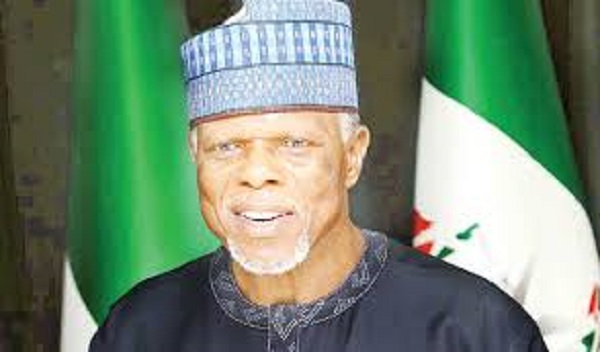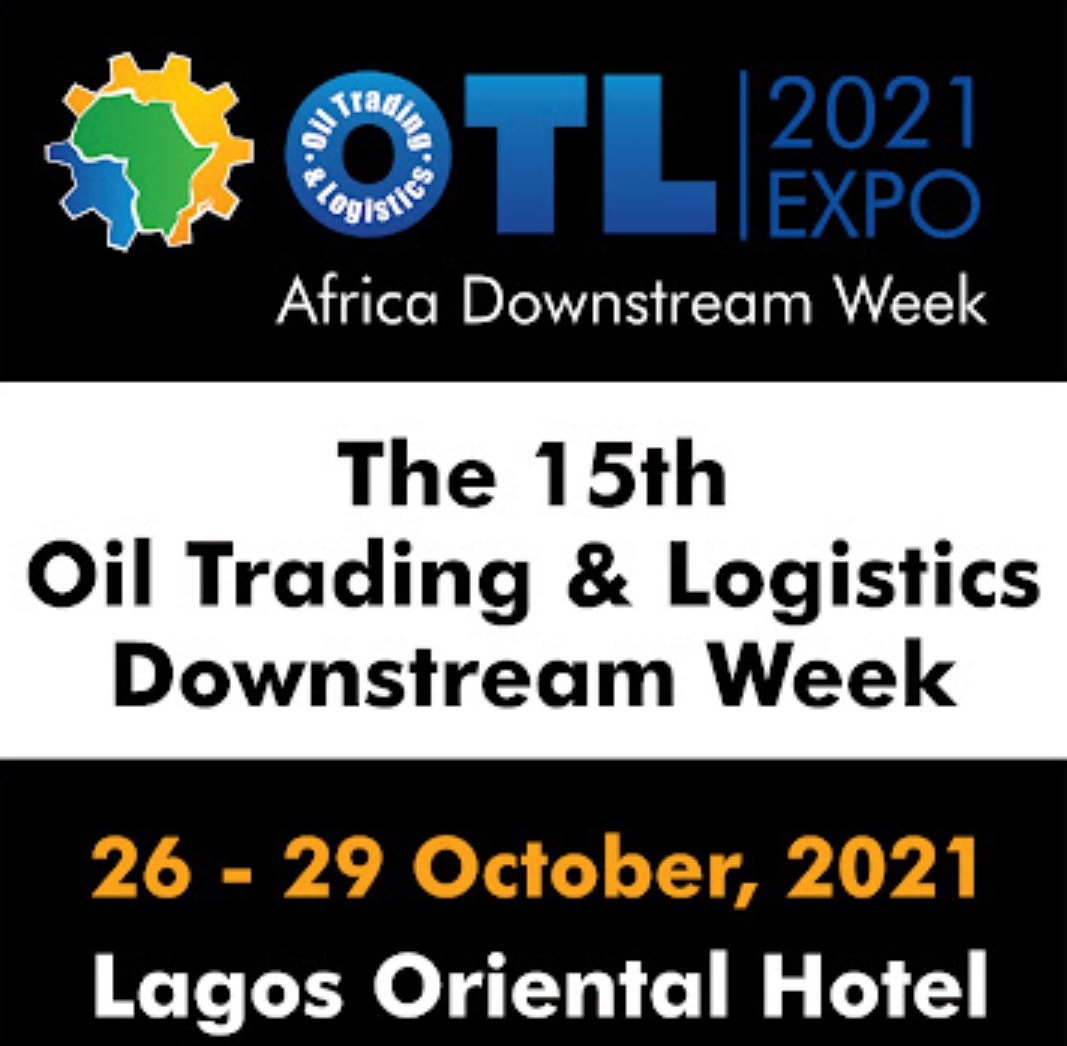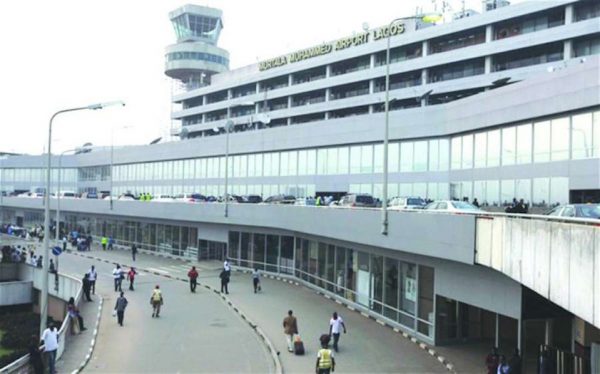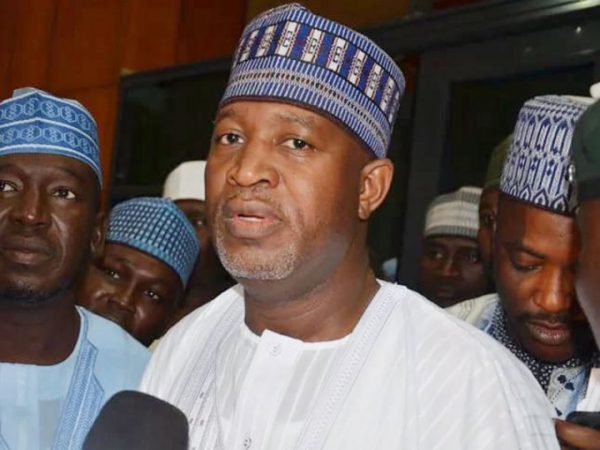Corruption Incorporated: 100 ‘Hameed Alis’ Can’t Change Corruption In Nigeria Customs

- How FG aids corruption at ports
- Why ease of doing business has failed
- Why House of Reps endorse NIMASA 1% allocation to Navy
By Kenneth Jukpor
Following the heated polity from latest Corrupt Perception Index (CPI) released by Transparency International (TI) on Wednesday, last week, that corruption is getting worse in Nigeria, the President of Association of Nigerian Licensed Customs Agents (ANLCA), Prince Olayiwola Shittu has added that one hundred anti-corrupt leaders like the Comptroller-General of Customs (CGC) of Nigeria Customs Service (NCS) Col. Hammed Ali (Rtd.) cannot change the corruption at the Service.
While the country scored 27/100 and was ranked 136th in 2016, the latest CPI scores Nigeria 28/100 but with a rank of No. 148 out of 180 countries surveyed — a significant 12 places below where it was the previous year.
Although Hammed Ali is perceived as a rare upright CGC at the Service, Prince Shittu who was speaking at the maiden edition of the MMS Chief Executive Officers (CEOs) Roundtable in Lagos last week lamented that corruption has become endemic in the society and the situation in the Customs has worsened despite contrary reports.
Shittu noted that the bane of corruption at the port stemmed from the nation’s high customs duties even as he blamed the Federal Government for setting targets for the Customs and other agencies at the ports without clear template on how the revenue would be generated.
His word; “If you bring 100 Hameed Ali’s to Nigeria Customs Service (NCS), the Service can’t be reformed because Nigeria has the highest rate of Customs duty in the world. What is charged at 10% or 15% in Nigeria, in neighbouring ports the charge is 5% or 10% and that is part of the incentives to take your goods to those neighbouring ports and smuggle them into Nigeria. The end product is that you get your goods into the country at a cheaper rate. How do you expect a Customs officer to enforce these exorbitant duties when he goes to the same market to purchase the expensive goods? How much is his salary? Doesn’t he pay rent? When he is transferred he isn’t given monies to cater for the extra expenses; and the first day he gets to office someone gives him a document to sign and for just his signature the person is offering N200,000? Why shouldn’t he accept the N200,000? He goes to church or mosque and he loves Nigeria but he has been forced into a position where he must accept that money. This is why you find corruption in Customs and when they find any infraction in your documentation they extort you. Have you wondered why the Customs in Federal Operations Unit (FOU) get information about these containers that have paid bribes to exit the ports? It’s simple; the same Customs officers that aid the release disclose information about the container to the Customs FOU?”
Shittu who is set to conclude his second tenure as President of ANLCA in April 2018, revealed his dream to take ANLCA to a position where it could run on the American model.
“I was taking ANLCA to a position where we could have the American model. Banks aren’t involved in the American model; the importer comes with the bill of laden and gives it to the Customs Agent and he goes away because he knows where you are delivering his cargo. You meet your bank and calculate the correct duties to be paid and give the bank to pay. So, it is the agent’s bank that pays the money to the appropriate bank. It becomes an inter-bank transaction. Is this practicable in Nigeria?”
Explaining the disadvantages of honesty in the practice of customs clearance, Shittu said; “The problem in Nigeria is that when you buy an item, classify it properly and put the true value an officer would tell you that the value isn’t correct. When you insist that it is correct and ask him to email the company for the accurate value, that officer would promise to get back to you and for days you wouldn’t get a response on that matter. This is something that a bribe of N50,000 or N100,000 makes the classification or value correct. Remember that the importer is waiting to get his container and each day the container delays, you have to pay demurrage. Eventually you would lose that importer because of the delay. So you see that the man who did correct declaration suffers the same fate with those who under-declare. The person who did the correct declaration ends up paying more than the man who did the incorrect declaration. Why do you expect the honest man to continue doing correct declarations?”
Also explaining why the ease of doing business at Nigerian ports has failed, Shittu lamented that Federal Government has created a scenario where agencies at ports collect monies that are not remitted to the Treasury Single Account (TSA).
“The Plant Quarantine, Standards Organization of Nigeria (SON), National Agency for Food, Drug Administration and Control (NAFDAC), among others, want monies they receive to be regarded as Internally Generated Revenue (IGR). They run a similar model of corruption at the ports. For instance, you import a car and some pieces of woods are used to wedge the tyres, plant quarantine would say the wood poses health and environmental dangers to the nation so they collect bribe from the agent. As soon as they collect that money they leave without fumigating the alleged dangerous wood. If you don’t give them monies at the port they instruct you to come to the office where they give you an account that carries their names and the money is registered as IGR. Most times, if you don’t want to go to their offices you pay half of the money at the ports. SON, NAFDAC, Plant Quarantine, among others now issue receipts.” Shittu said.
With these developments, observers in the maritime sector are wondering how the nation made progress in the World Bank Ease of Doing Business index for 2018 as Nigeria moved up by 24 points from 169th to be ranked 145th position out of 190 countries in the report titled, “Doing Business 2018: Reforming to create jobs”.
The managing director of NPA, Ms. Hadiza Bala-Usman had said at recent forum in Lagos that ease of doing business would be measured by the entry and exit of goods in 2018 and warned against introduction of arbitrary charges and illegal levies.
In another development, maritime stakeholders have alleged that corruption is the reason Nigeria’s House of Representatives endorsed the amendment of the Nigerian Maritime Administration and Safety Agency (NIMASA) Act which would require NIMASA to contribute one percent of its revenue to the Nigerian Navy, despite unanimous opposition from stakeholders in the maritime industry.
Recall that at a one-day public hearing at the House of Representatives, President, African Ship Owners Association and a former Director General of NIMASA, Barr. Temisan Omatseye, pointed out that it will be against all international conventions of the International Maritime Organization (IMO) entered into by the Federal Republic of Nigeria which has to be implemented.
Citing Section 22 (P) of the NIMASA Act, which provides opportunity for the Agency to provide maritime security, Omatseye noted that the IMO frowns at issues of military engagement in commercial activities.
Similarly, at the public hearing, the Chairman, Ports Consultative Council, Otunba Kunle Folarin, pointed out that Nigeria is a critical stakeholder in the international maritime space, hence the need to exercise caution in amending any bill that may jeopardize the future of Nigeria in the global maritime industry.
His words, “NIMASA’s efforts on regional co-operation should be consolidated, rather than trying to usurp some of the functions of the Agency as it will affect the day- to- day operations of NIMASA in carrying out its mandates”.
The Nigerian Maritime Law Association (NMLA) also questioned the bill which seeks to amend Section 17 of NIMASA Act 2007 by inserting a new section 17(2) which states that: “1% of the maritime fund be subjected to the maritime security fund under section 7 of the Maritime Operations Co-ordinating Board Act”
“Can it be said that part of NIMASA’s functions have or are to be taken over by the said Board and as such 1% of the Maritime fund should be transferred to the Board for such functions? Can funds statutorily appropriated for one agency of government be also transferred to another agency for its statutory functions? Who will control or be held accountable for such funds? Can a direct funding arrangement not be made to meet the needs of the Board?” NLMA asked.
Meanwhile, the Lagos Co-ordinator of Nigerian Ship-Owners’ Association (NISA), Capt. Taiwo Franklin Akinpelumi referred to this development as an aberration noting that it was erroneous to subject NIMASA to the regulations and control of Nigerian Navy.
“There is a marked difference between the role of navies and coastguards. There is no Navy in the world doing Coastguard duty because by its constitutional role, the Navy has a policing role in our coastal water up to the Exclusive Economic Zone (EEZ). Of the 173 member states and 3 Associate members of IMO, there are not up to 15% that has Coast Guard as their Safety Administration. And these Administrations are the equivalent of NIMASA in those countries. US coast Guard is indeed the Maritime Safety Agency of the USA playing all the Flag Administration roles to US like NIMASA plays to Nigeria” Capt. Taiwo said.
Copyright MMS Plus.
All rights reserved. This material, and other digital content on this website, may not be reproduced, published, broadcast, rewritten or redistributed in whole or in part without prior express written permission from KINGS COMMUNICATIONS LIMITED.







